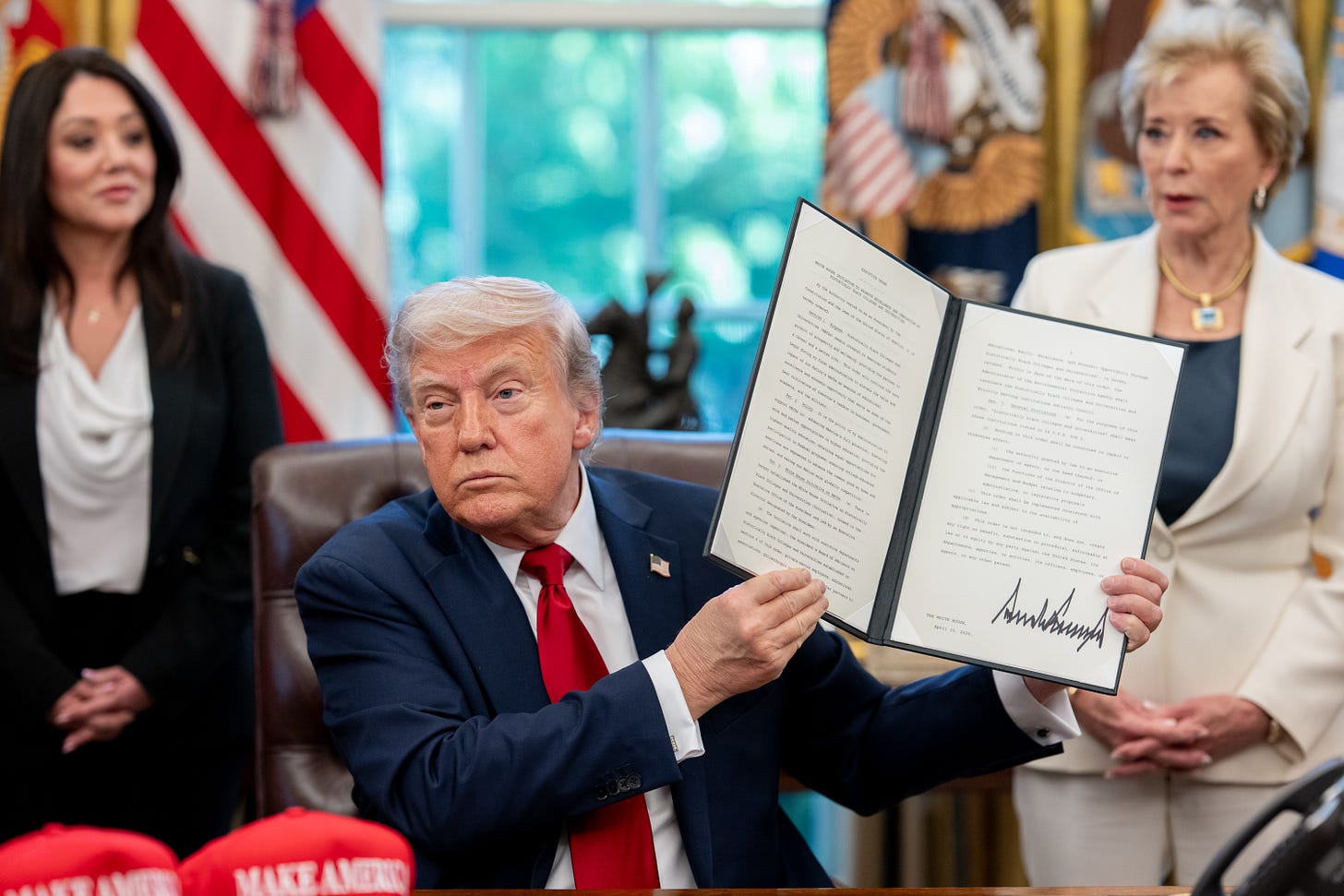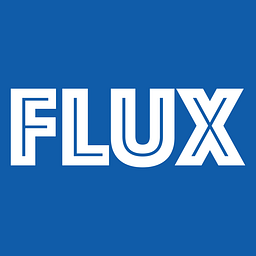Trump isn’t just attacking the Department of Education, he’s going after all public schools
Description
By Megan O’Matz and Jennifer Smith Richards
ProPublica

Education Secretary Linda McMahon has been clear about her desire to shut down the agency she runs. She’s laid off half the staff and joked about padlocking the door.
She calls it “the final mission.”
But the department is not behaving like an agency that is simply winding down. Even as McMahon has shrunk the Department of Education, she’s operated in what she calls “a parallel universe” to radically shift how children will learn for years to come. The department’s actions and policies reflect a disdain for public schools and a desire to dismantle that system in favor of a range of other options — private, Christian and virtual schools or homeschooling.
Over just eight months, department officials have opened a $500 million tap for charter schools, a huge outlay for an option that often draws children from traditional public schools. They have repeatedly urged states to spend federal money for poor and at-risk students at private schools and businesses. And they have threatened penalties for public schools that offer programs to address historic inequities for Black or Hispanic students.
McMahon has described her agency moving “at lightning rocket speed,” and the department’s actions in just one week in September reflect that urgency.
The agency publicly blasted four school districts it views as insubordinate for refusing to adopt anti-trans policies and for not eliminating special programs for Black students. It created a pot of funding dedicated to what it calls “patriotic education,” which has been criticized for downplaying some of the country’s most troubling episodes, including slavery. And it formed a coalition with Turning Point USA, Hillsdale College, PragerU and dozens of other conservative groups to disseminate patriotic programming.
Officials at the Education Department declined to comment or answer questions from ProPublica for this story.
Flux provides deep coverage of the most important trends in politics, religion, media, and technology. Please stay in touch as a paid or free subscriber.
At times, McMahon has voiced support for public schools. But more often and more emphatically she has portrayed public schools as unsuccessful and unsafe — and has said she is determined to give parents other options.
To carry out her vision, McMahon has brought on at least 20 political appointees from ultraconservative think tanks and advocacy groups eager to de-emphasize public schools, which have educated students for roughly 200 years.
Among them is top adviser Lindsey Burke, a longtime policy director at The Heritage Foundation and the lead author of the education section in Project 2025’s controversial agenda for the Trump administration.
In analyzing dozens of hours of audio and video footage of public and private speaking events for McMahon’s appointees, as well as their writings, ProPublica found that a recurring theme is the desire to enable more families to leave public schools. This includes expanding programs that provide payment — in the form of debit cards, which Burke has likened to an “Amazon gift card” — to parents to cobble together customized educational plans for their children. Instead of relying on public schools, parents would use their allotted tax dollars on a range of costs: private school tuition, online learning, tutors, transportation and music lessons.
More than 8 in 10 elementary and secondary students in the U.S. go to a traditional public school. But Burke expects that public schools will see dramatic enrollment declines fueled by both demographic and policy changes.
Addressing an interviewer in an April podcast, she noted: “We’re going to have a lot of empty school buildings.”
In a 2024 podcast, Noah Pollak, now a senior adviser in the Education Department, bemoaned what he sees as progressive control of schools, which he said has led to lessons he finds unacceptable, such as teaching fourth graders about systemic racism.
“And so the work that I do is trying to come up with creative policy ideas to stop that, to turn back the tide, to figure out ways that conservatives can protect these institutions or build new institutions,” said Pollak, who has been an adviser to conservative groups.
As tax dollars are reallocated from public school districts and families abandon those schools to learn at home or in private settings, the new department officials see little need for oversight. Instead, they would let the marketplace determine what’s working using tools such as Yelp-like reviews from parents. Burke has said she is against “any sort of regulation.”
President Donald Trump himself said in July that the federal government needs only to provide “a little tiny bit of supervision but very little, almost nothing,” over the nation’s education system except to make sure students speak English.
Advocates for public schools consider them fundamental to American democracy. Providing public schools is a requirement in every state constitution.
Families in small and rural communities tend to rely more heavily on public education. They are less likely than families in cities to have private and charter schools nearby. And unlike private schools, public school districts don’t charge tuition. Public schools enroll local students regardless of academic or physical ability, race, gender or family income; private schools can selectively admit students.
Karma Quick-Panwala, a leader at the Disability Rights Education and Defense Fund, which advocates for disabled students, said she wants to be optimistic. “But,” she added, “I’m very fearful that we are headed towards a less inclusive, less diverse and more segregated public school setting.”
Allison Rose Socol, a policy expert at EdTrust, an organization focusing on civil rights in schools, decried what she called the “demo crew” in McMahon’s office. Socol described McMahon’s push to help grow private school enrollment through taxpayer-funded vouchers and other means as a “great American heist” that will funnel money away from the public system.
“It’s a strategic theft of the future of our country, our kids and our democracy,” she said.
Attention on McMahon often focuses on her former role as CEO of World Wrestling Entertainment. It was no different on the day of her Senate confirmation hearing, when journalists and social media delighted in noting that seated behind her was her son-in-law, the retired wrestler known as Triple H.
Little attention was paid to the conservative education activists in the front row from Moms for Liberty, which has protested school curricula and orchestrated book bans nationwide; Defending Education (formerly Parents Defending Education), which has sued districts to fight what it calls liberal indoctrination;





